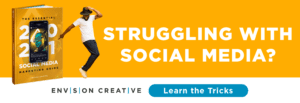Search engine algorithms are constantly changing, making it essential to keep up with the latest SEO tips, tactics, and winning strategies. If you’re like me, you regularly conduct daily website checks to make sure all the major SEO boxes are checked, especially in blog posts and on services pages.
I’m no SEO wiz (although I know my way around a good latent semantic indexing strategy) so I look to the real experts for new ideas on tactics or updates that could improve search ranking for our clients and agency.
Below you’ll find advice from eight SEO professionals who are the cream of the crop. We’re only three-quarters of the way through 2017 and already they’ve shared a wealth of great insights that can be used to improve the ranking of your website and your understanding of SEO best practices.
1. Rand Fishkin
Undoubtedly one of the world’s leading authorities on all things SEO, Rand Fishkin is the founder and former CEO of Moz, and co-founder of Inbound.org. Aside from his exceptional SEO knowledge bank, heis perhaps best known for his popular “Whiteboard Friday” videos.
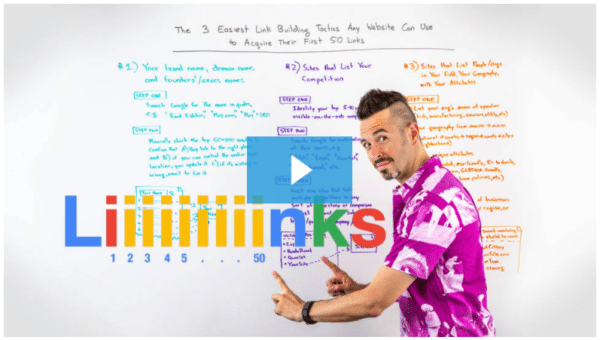
While most of us know that external links are much more valuable than internal links, it is still important to follow optimization standards that make your web pages more attractive to search engines.
Rand’s advice on internal linking:
“There should never be a page with no links to it, and certainly there should never be a page that is well linked to that isn’t linking back out to portions of your site that are of interest or value to visitors and to Google.”
2. Brian Dean
Founder of Backlinko and one of the foremost SEO experts on the planet, Brian Dean is the master of building educational, valuable content for his audience. Creating SEO guides and resource blog posts that regularly receive thousands of social shares and hundreds of comments, it is evident that Brian practices what he preaches.
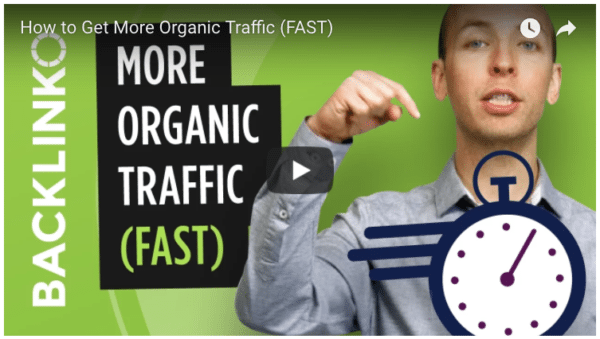
Backlinking is one of the most valuable ways to improve your site’s ranking and authority. One backlink from Forbes, Entrepreneur, or Business2Community can give your site a massive boost.
Brian’s advice on backlinking:
“Companies big and small LOVE to show off their customer testimonials. If you’re using a product or service that you love (or at least like), consider sending them a testimonial. When you do, make sure to tell them that they can put it on their homepage or a testimonial page.”
3. Neil Patel
If you’ve ever Googled “SEO guide” the or even just “SEO,” there’s a good chance you know who Neil Patel is because he almost always ranks on Google’s first page results. Co-founder of Crazy Egg, Hello Bar, and KISSmetrics, Neil’s SEO expertise has attracted the attention of such brands as GM, HP, Amazon, and NBC.

Site speed is a major factor that affects search rankings. A page that loads in 1.5 seconds will receive a more favorable ranking than a page that takes 4 seconds to load.
Neil’s advice on improving site speed:
“Get rid of non-essential elements that slow down your site. If you’re a WordPress user, consider deactivating plugins you may have installed and activated but don’t actually need. Also, declutter your sidebar and put only essential widgets there.”
4. Paul Shapiro
You might not have heard of him before, but Paul is one of the best SEO guys on the web. Everything he creates delves into the nitty-gritty details of SEO tips, tricks, hacks, and strategies. It’s a detailed area of SEO that few can explain quite as well as he does.
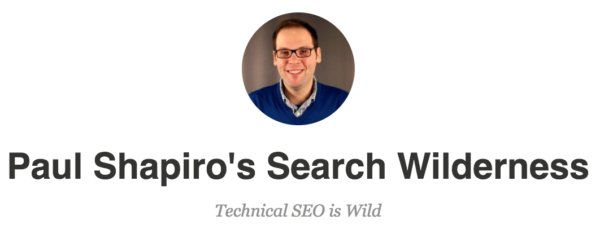
The relationship between social media and SEO is constantly debated and analyzed. Perhaps that’s because it is much more difficult to prove social media’s direct SEO role. Regardless, there seems to be a significant relationship between the two that Paul is very familiar with.
Paul’s advice on social media’s ability to boost SEO:
“At the most basic level, social networking sites provide an easy way to share and distribute your message. If the content is seen by the right people, it can lead to new backlinks. In fact, there are measurable correlations between social shares and backlinks that demonstrate that social media can help with backlink acquisition.”
5. Danny Sullivan
As co-founder of Search Engine Land, Danny has become a primary go-to for SEO advice thanks to his in-depth knowledge and reporting on Google’s search updates.
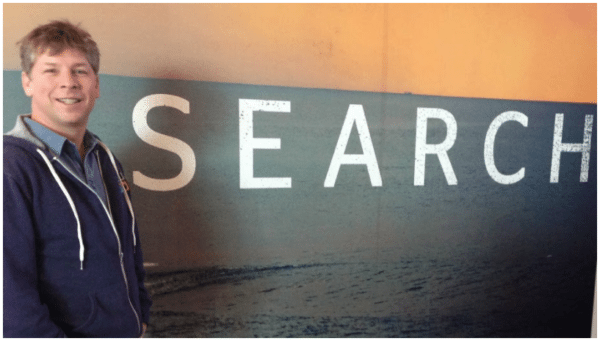
Implementing successful SEO tactics can easily be supported and improved by understanding and following the role of elements such as content, architecture, links, and social media. To streamline the process, Danny recommends using The Periodic Table of SEO Success Factors.
Danny’s advice on content quality:
“More than anything else, Cq: Content Quality, remains the bedrock of success. It’s the first factor on the chart and heavily weighted for a reason. If you have great content, all things good SEO-wise flow from that.”
6. Dharmesh Shah
Dharmesh is the Founder of HubSpot and Chief Technology Officer, as well as being a very skilled SEO authority. His groundbreaking work with HubSpot has played a major role in the rise of inbound marketing.

When we discuss PPC and SEO, many people tend to consider PPC as just another piece of the SEO pie. While that’s not necessarily inaccurate, there are many differentiators between the two that make them unique.
Dharmesh’s advice on SEO vs. PPC:
“I have nothing against PPC. For many businesses it’s a great way to get profitable traffic through the search engines. I just think that over the longer-term, an investment in SEO will likely yield better results and more sustainable competitive advantage.”
7. Larry Kim
Larry, formerly of WordStream, is now the Founder and CEO of MobileMonkey and an outstanding SEO expert who has a knack for bringing hidden gems to light in well-researched topics. Branded and unbranded SEO queries, for example, was one of the topics Larry tackled.
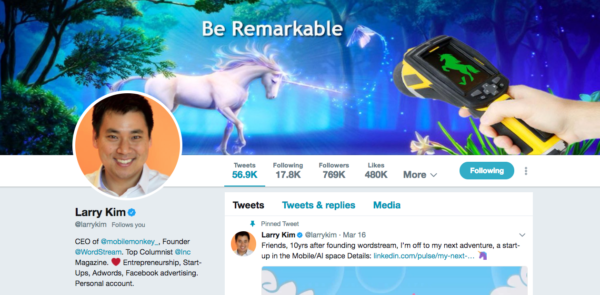
Larry’s advice on branded SEO terms:
“Stop thinking in terms of branded vs. unbranded. These are just queries and the native amount of awareness you’ve been able to create. It’s not the presence of a certain brand term in the query. That was always just a proxy for whether or not the searcher has brand affinity. Once that brand affinity exists, you’ll see the CTR and conversion rates for non-brand queries start behaving like brand queries.”
8. Stephan Spencer
A well-respected SEO expert, author, and the inventor of GravityStream, Stephan is very active in the SEO community, hosting multiple podcasts and regularly contributing to top ranking websites.

Featured snippets are one of the most valuable search engine placements on the web. It’s even better than ranking as the number one search result because you’re placed at the very top of the page above the numbered result in Google.
Stephan’s advice on optimizing pages for the featured snippet position:
“For existing web pages, I like to take a look at a page’s user engagement metrics (bounce rate, average session duration, # of pages visited) in Google Analytics. If the metrics are substantially below the site’s average, that page isn’t satisfying the needs of our site’s visitors. Since Google is in the business of delivering the best search results to searchers, having a low-performing web page may make it difficult to obtain, and, more importantly, keep a featured snippet. Google will pick up on that poor performer not by spying on your Google Analytics, but by monitoring dwell time and CTR from the SERPs.”
There you have it. Eight pieces of solid SEO advice from eight of the very best experts in the field. Optimizing web content for search engine ranking is a fluid discipline. What works today could be outdated next month.
Keeping on top of the latest algorithm updates is essential to improving your SEO performance. The more informed you are and the more effectively you implement best practices, the better your content will rank.
-FINAL(01-00)-White&Blue-01.svg)


